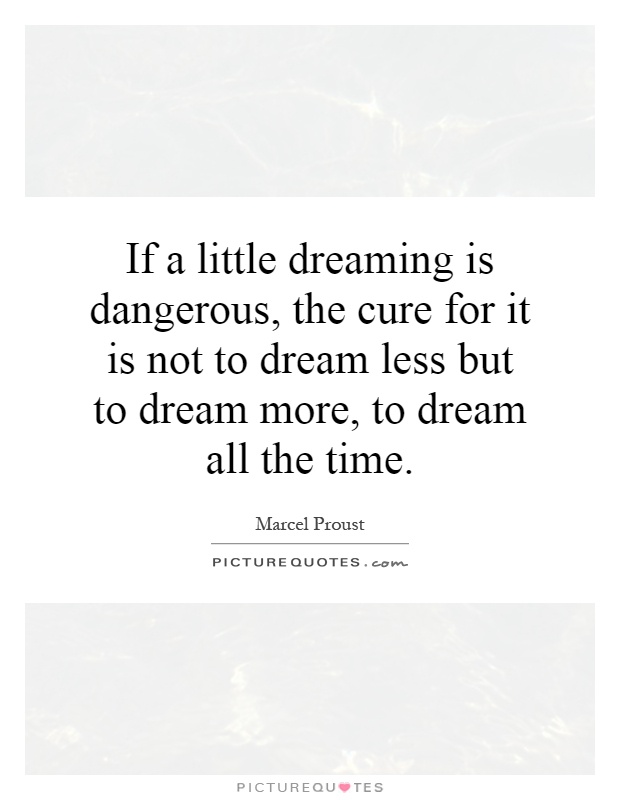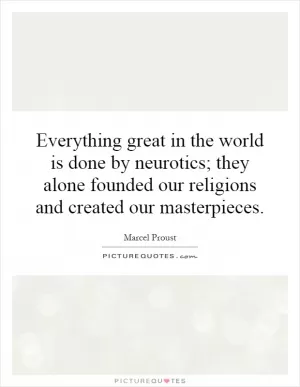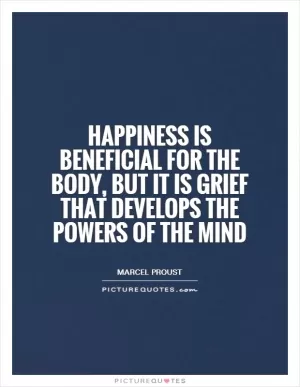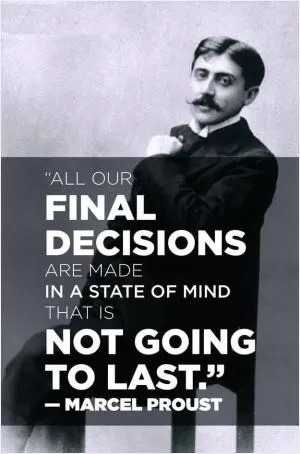If a little dreaming is dangerous, the cure for it is not to dream less but to dream more, to dream all the time

If a little dreaming is dangerous, the cure for it is not to dream less but to dream more, to dream all the time
Marcel Proust, the renowned French novelist, is often associated with the idea of dreaming and memory. His masterpiece, "In Search of Lost Time," is a sprawling exploration of memory, time, and the power of the mind to transport us to different worlds. Proust believed that dreaming was not only a natural part of human existence but also a necessary one. In his view, dreaming allowed us to access deeper truths about ourselves and the world around us.Proust's quote, "If a little dreaming is dangerous, the cure for it is not to dream less but to dream more, to dream all the time," encapsulates his belief in the transformative power of dreams. He understood that dreaming could be a double-edged sword, leading us down dangerous paths if left unchecked. However, he also recognized that the solution was not to suppress our dreams but to embrace them fully.
For Proust, dreaming was a way to access the subconscious mind and uncover hidden desires, fears, and truths. Through his writing, he sought to capture the essence of these dreams and bring them to life on the page. Proust's prose is filled with vivid descriptions of dreams and memories, creating a rich tapestry of human experience that resonates with readers to this day.
In the context of Proust's work, the idea of dreaming all the time takes on a deeper meaning. It is not simply about indulging in flights of fancy or escaping from reality, but about delving into the depths of our own consciousness and exploring the mysteries that lie within. Proust believed that by embracing our dreams and allowing them to guide us, we could unlock a deeper understanding of ourselves and the world around us.












 Friendship Quotes
Friendship Quotes Love Quotes
Love Quotes Life Quotes
Life Quotes Funny Quotes
Funny Quotes Motivational Quotes
Motivational Quotes Inspirational Quotes
Inspirational Quotes